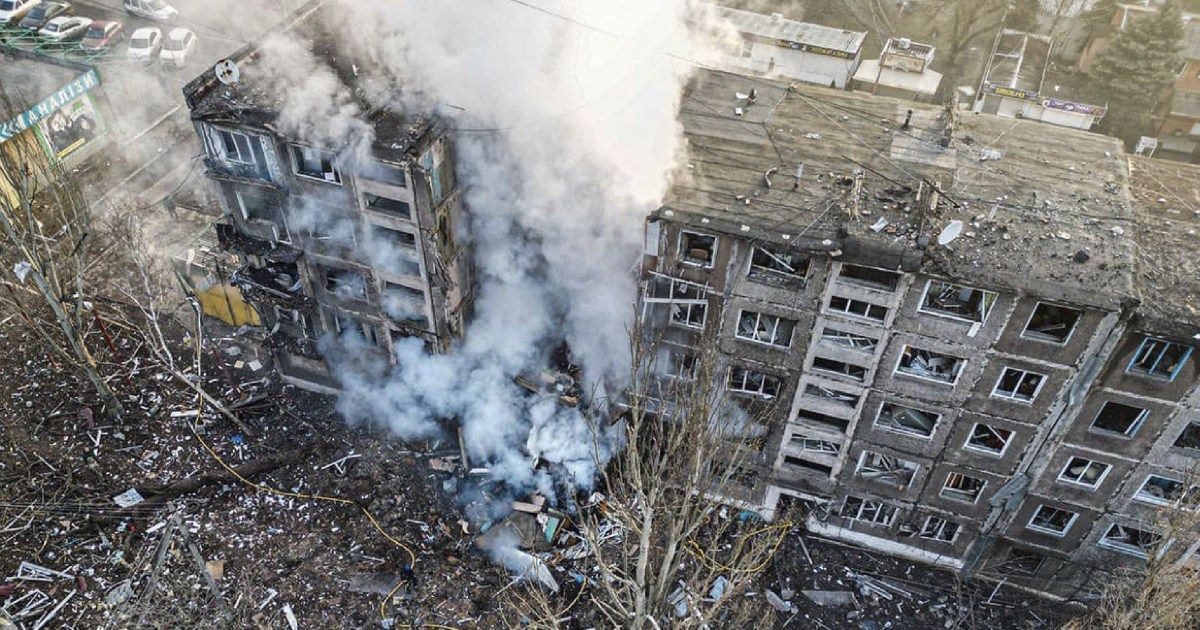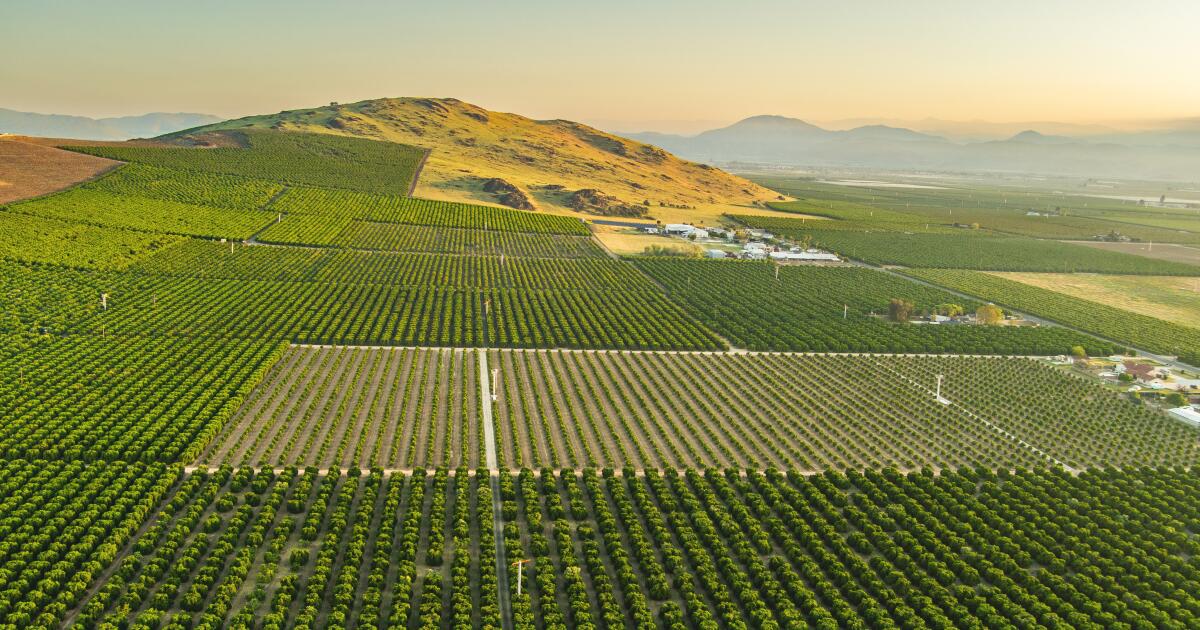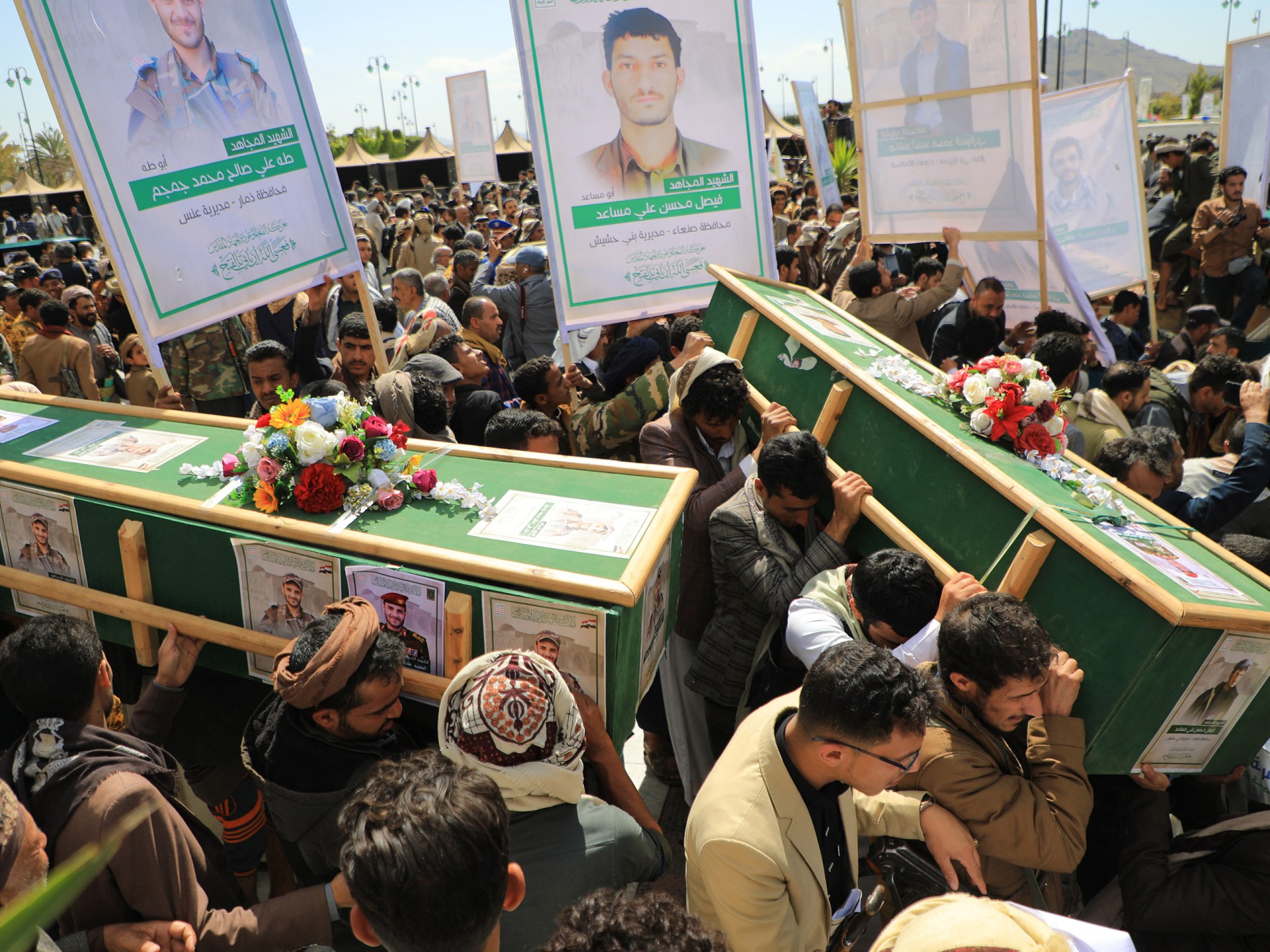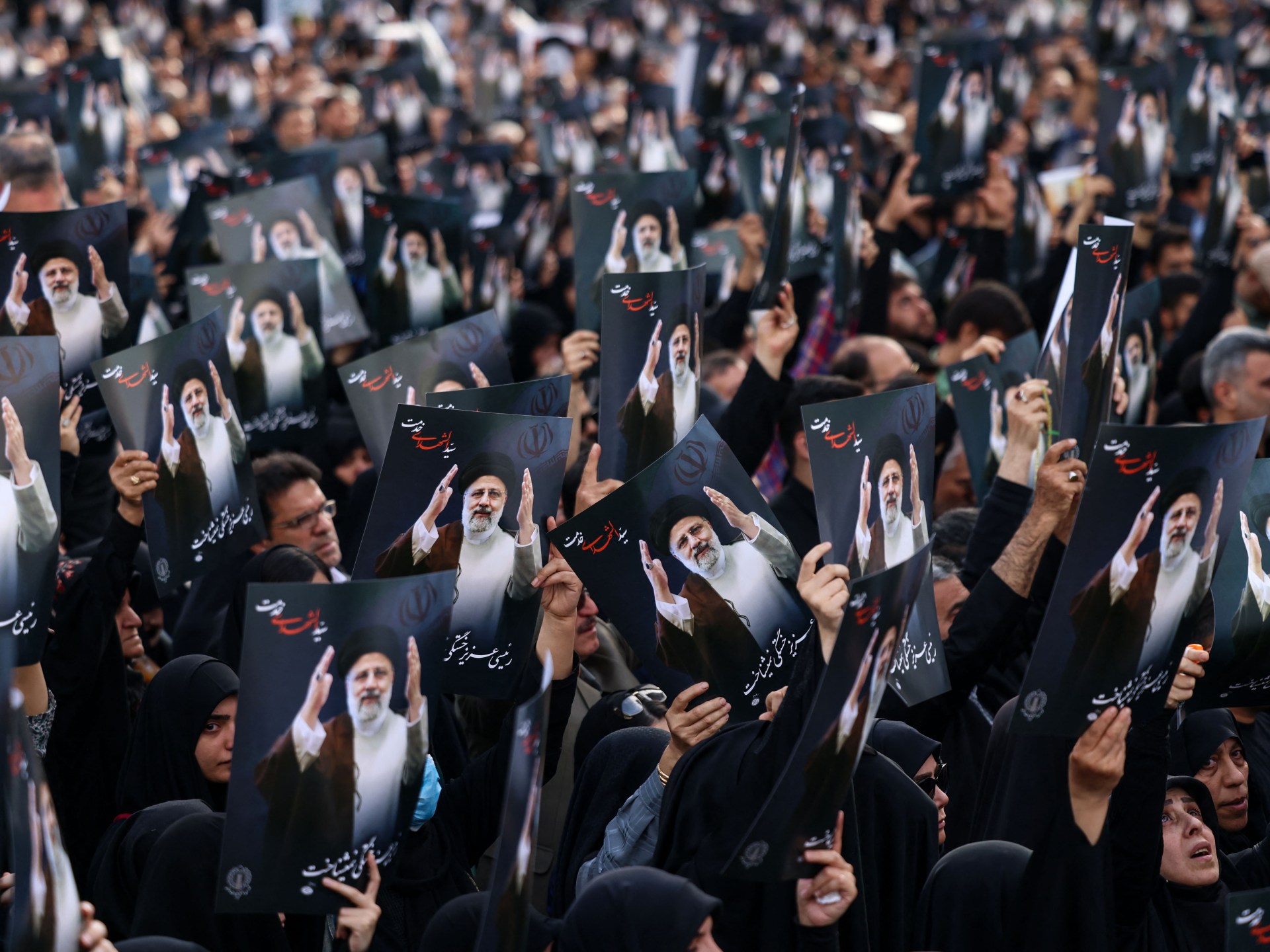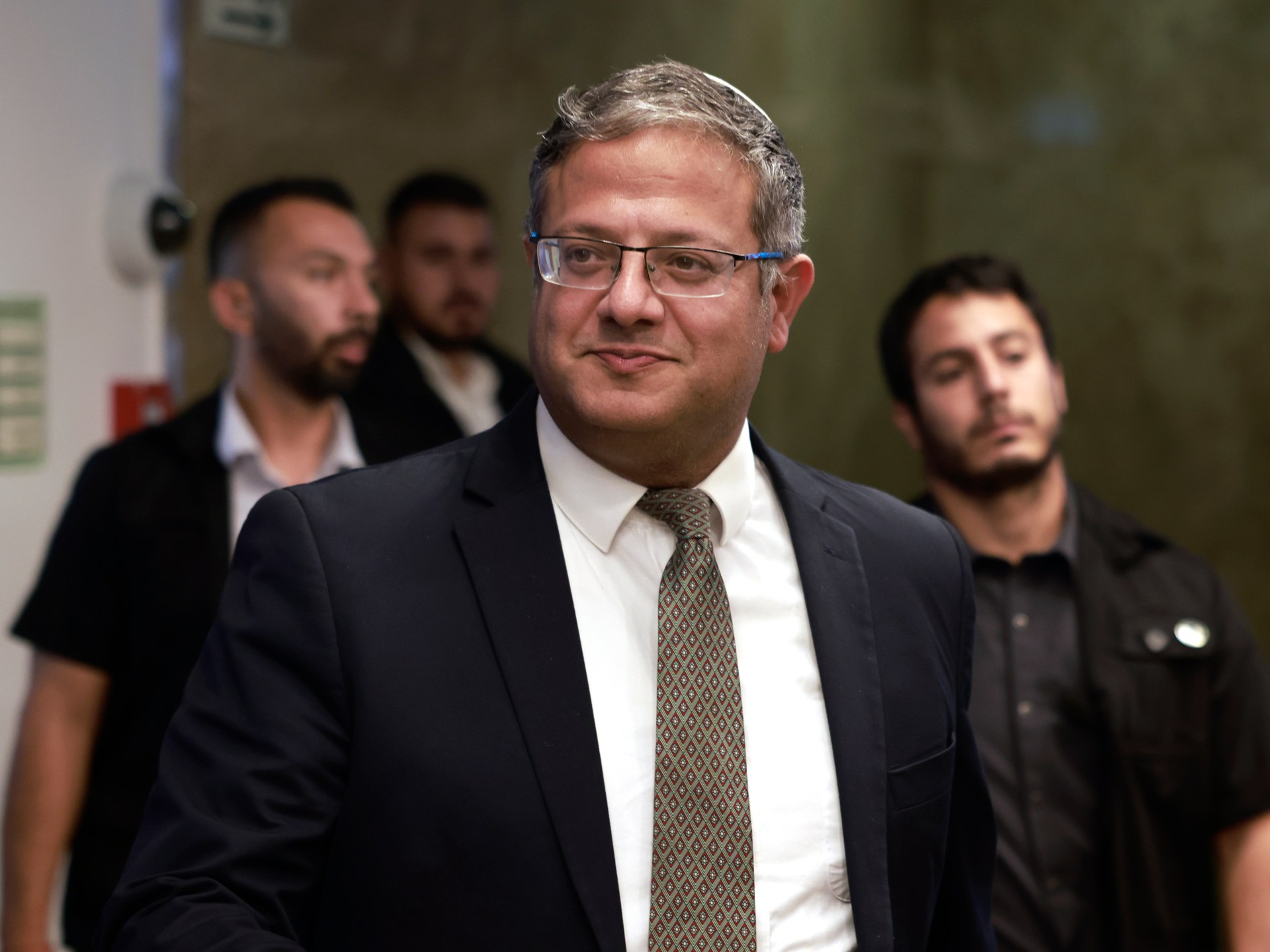The Russian invasion of Ukraine in February 2022 was supposed to be a quick affair. Russian President Vladimir Putin seemed to believe his “special military operation” would end within weeks, if not days. Everything was supposed to go smoothly, just as it did with the seizure of Crimea in March 2014.
He expected a new Moscow-friendly government to be installed in kyiv and for Russian forces to occupy large swathes of eastern and southern Ukraine, including large cities such as Kharkiv, Odessa and Dnipro.
Of course, none of that happened. The war – an interstate armed confrontation of a kind not seen in Europe since 1945 – is now entering its third year. It is likely to extend beyond this year as well.
Right now, Russia appears to be on a winning curve. It has a double advantage: in ammunition and in manpower. The Russian military-industrial complex is operating at full capacity, producing material. Russia also receives missiles and equipment from friendly regimes, such as North Korea and Iran.
After announcing a mass mobilization in September 2022, military authorities have been able to get enough troops on the ground, thanks to a series of economic incentives and some foreign recruitment.
Meanwhile, Ukraine is hampered by the inability of the US Congress to approve the financial assistance package presented by President Joe Biden in October, which is critical to supplying weapons and equipment to kyiv's forces. EU members cannot fill the resulting gap in ammunition stocks because they have failed to increase military-industrial production. Additionally, Ukraine is facing a troop shortage as it has kept the minimum recruitment age set at 27.
The disparity is beginning to show on the battlefield. The long-awaited summer and autumn counteroffensive of the Ukrainian army was halted, failing to break through the Russian defensive lines in Zaporizhia province and Donbas.
Recently, Ukrainians had to withdraw from the town of Avdiivka, near Donetsk, handing a symbolic victory to Putin. They also face pressure on other parts of the front, including near Kreminna and Kupiansk, which Ukrainian forces recaptured in a lightning offensive in the fall of 2022.
Russia is also suffering heavy losses. An estimated 16,000 people were killed and wounded and hundreds of military vehicles were lost in the Battle of Avdiivka. But the military command and the Kremlin feel they can prevail in a war of attrition because the numbers favor their side, not Ukraine's.
With Russia gaining momentum, voices are beginning to emerge that Ukraine should sue for peace. The argument they make is that kyiv should accept Putin's terms now because it would be in an even weaker position in the future.
Without a doubt, the Kremlin fully supports this line. The interview that Putin recently gave to former Fox host Tucker Carlson is intended to reach the Republican base in the United States, which seems receptive. And of course, if Donald Trump wins the presidential election in November, the notion that Ukraine should compromise and make concessions to Putin could well become a cornerstone of American policy.
There are also sympathetic leaders within the European Union, Hungarian Prime Minister Viktor Orban being an example, although not the only one.
However, the chances of meaningful negotiations occurring are slim to non-existent. The Russian leaders seem to be determined to fight until the bitter end. There is no indication that Putin and his entourage have changed their initial goals of subjugating Ukraine.
If Moscow believes the tide is turning in its favor, what's the point of stopping? The only virtue of a ceasefire and negotiations is to buy the time necessary to reconstitute forces and begin to apply even more pressure.
This is precisely what Ukrainians fear. Any effort to please Putin would only increase his appetite for more land and greater control over Ukraine. A so-called agreement may not be worth the paper it is written on.
Ukraine also has cards to play. She has decimated the Russian Black Sea Fleet, for example, sinking its flagship, the Moskva, among others. The fleet has now moved from Sevastopol in Crimea to Novorossiysk on the eastern coast of the Black Sea. As a result, commercial shipping from the port of Odessa has reached volumes comparable to those in January 2022, the month before the start of the full-scale invasion.
What's more, Ukraine has demonstrated the ability to strike targets deep inside Russian territory, such as the oil export terminal at Ust-Luga, not far from St. Petersburg. Ukrainians are working tirelessly to develop military capabilities and assets, such as long-distance drones, that could, over time, help deter the Russians.
In short, Ukraine can mitigate Russia's advantage, buying time until Europe begins to deliver enough ammunition to fill the gap on the front line.
All this bodes poorly for the prospects of the negotiations. For both sides, war remains the only option open to them. Russia will tenaciously continue its campaign to conquer it. Ukraine will defend itself bravely. Absent an overwhelming victory for Moscow or kyiv in the coming months (a highly unlikely scenario), the war is here to stay.
The views expressed in this article are those of the author and do not necessarily reflect the editorial position of Al Jazeera.

